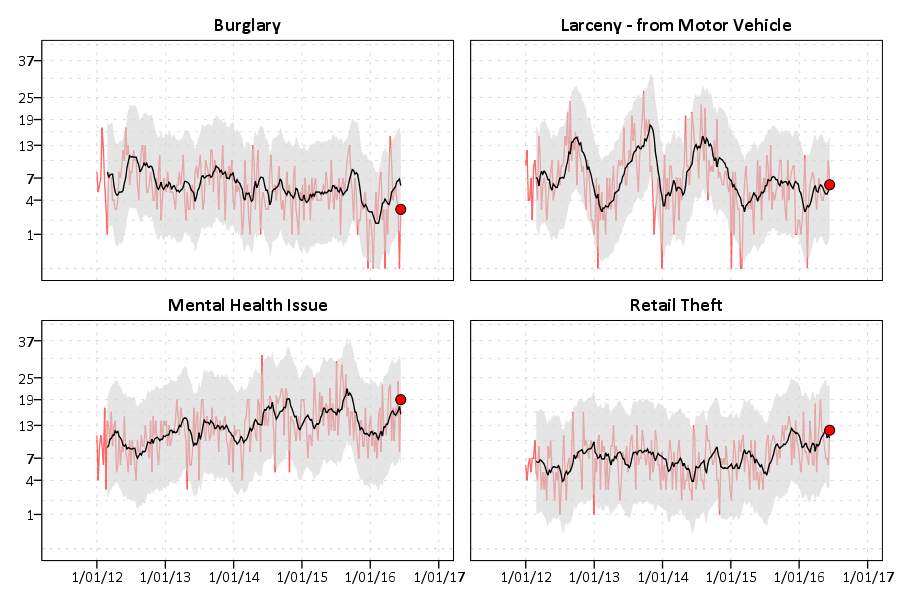
Law enforcement officers use tactical crime analysis to forecast likely crimes. The software maps crimes and analyzes data related to them. It directs police resources toward focusing on the investigation and sending out law enforcement officers. These AI-powered devices help law enforcement discover criminal trends and prevent crime.
What is an investigative intelligence platform used for?
Crime analysis software provides law enforcement with various types of data and analytics. By mining and sorting data, crime analytics software helps identify the following:
-
- Crime trends
-
- Directing police strategies
-
- Dividing resources
Law enforcement officers rely on these products to link various data sources. They’re also used for creating a response strategy for everything from small-scale crime to massive terrorism. Crime analytics software focuses on importing statistical, geographic, and temporal data.
How does tactical crime analysis work?
Tactical crime analysis software works by first analyzing data and then producing comprehensive reports. These features are comparable to those of geographic information system (GIS) applications. These features help consumers learn about crime trends and standard products like:
-
- Charts
-
- Trend analysis
-
- Heat maps
 Source: Andrew P. Wheeler
Source: Andrew P. Wheeler
What is the importance of crime analysis software solutions?
The main purpose of crime analysis software is to help or back up the activities of a police department. Department activities that are specific to:
-
- Crime prevention
-
- Crime reduction methods
-
- Assessment and accountability of police actions
-
- Criminal investigations
-
- Arrest and prosecution
Crime analysis software solutions create an external memory for law enforcement agencies.
How does agency staff learn about crime analysis and investigation platforms?
Agency members, executives, and managers receive awareness and method training. Staff members also construct course modules on investigative intelligence platforms and analytical methodologies.
The software creates digital databases used to organize information and intelligence. Analytical members test and buy analytical, investigative, and intelligence software. Helping to ensure compliance with local, state, tribal, and federal laws, the platforms regulate:
-
- Intelligence sharing
-
- Privacy
-
- Civil liberties
Protocols are formulated by analytical personnel who contribute their skills and knowledge.

What are the risks?
As with all new technologies, there are risks to tactical crime analysis software. With time, more criminals will become familiar with the software. Criminals may identify ways to “outsmart” crime analysis and investigation platforms. These methods may prove more extreme and more violent than current crime.
Crime analysis software may also affect law enforcement officers. If law enforcement uses crime analysis software, they may encounter additional issues, such as how it affects their moral code

